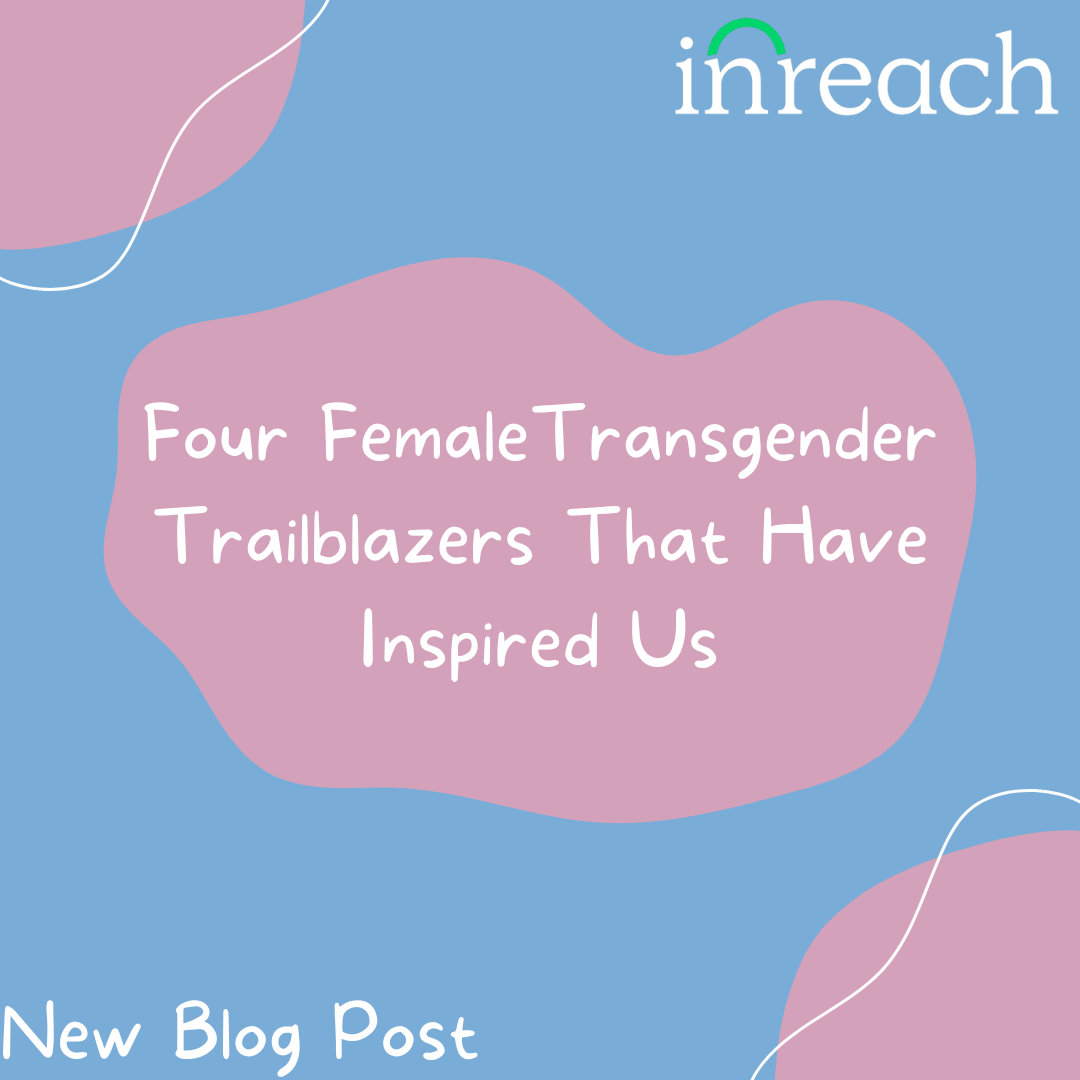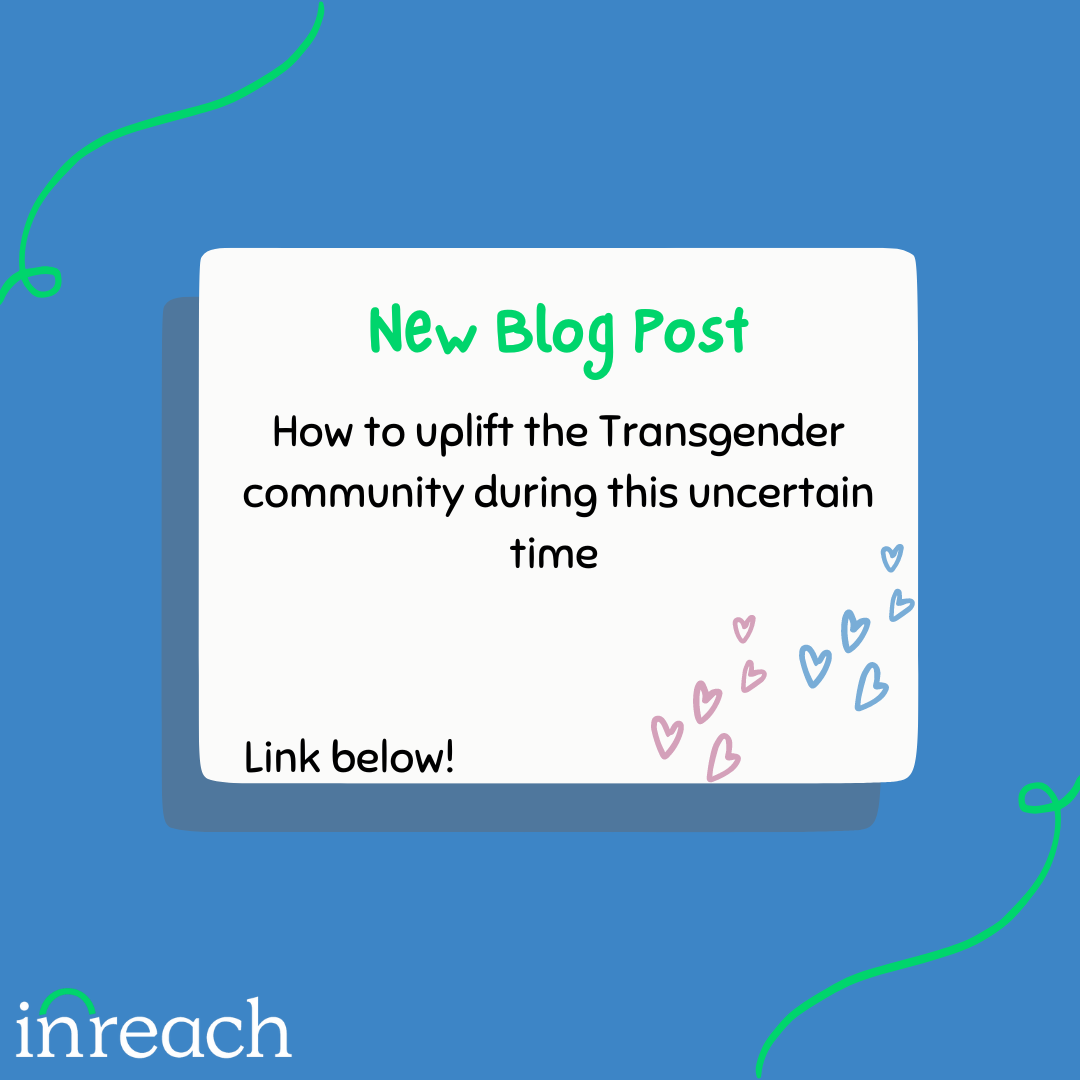No products in the cart.

A Survivor’s Story: What it’s like to be a LGBTQ Asylum Seeker
[vc_row][vc_column][vc_custom_heading text=”Meet Michael” font_container=”tag:h4|text_align:center|color:%234892da” use_theme_fonts=”yes”][vc_column_text]
Thirty-six year old gay activist, Michael Namelum, is a living example of how a name can be used against someone. Michael has a price on his head if he ever returns to his home country of Azerbaijan. Located in the South Caucasus region of Eurasia, the country was a former member of the Soviet Republic and is approximately the size of South Carolina. According to the 2018 ILGA Europe Rainbow Index (the European Region of the International Lesbian, Gay, Bisexual, Trans and Intersex Association) it is also the worst place to live as an LGBTI citizen[1]. Although homosexuality is legal in Azerbaijan, many LGBTI individuals hide their identities or risk facing violent discrimination and the absence of legal protection.
Forced into exile after becoming engaged to an American man, Michael Namelum courageously shares his history of violence, fear, discrimination, and finally, hope. It began in the 1990’s when Namelum was just a child. His father and uncle committed an honor killing of Namelum’s cousin who’d had sex with a man, though the cousin may have been raped. Instead of being shamed and prosecuted for murdering his own son, Namelum’s uncle was praised. Aware that his life tread on a thin line of secrecy, Namelum kept his homosexuality hidden throughout his childhood and young adult life, until he started working for an American organization in the country’s capital of Baku. With the support of his co-workers, he connected with an organization supporting LGBTI Azerbaijans, focusing heavily on men who have sex with men (MSM) but don’t identify as gay. As a result of his activism for HIV/AIDS prevention for the MSM and LGBTI communities, in 2011, Namelum was ambushed at his apartment and gang-raped by three men. The torture endured for five hours.
Unfortunately, it was not an isolated incident in Namelum’s autobiography. In the mid-2000’s, he was raped by a police officer after the officer had tried to extort money from him.
Namelum even remembers his father beating his mother for “producing a gay son”. “He literally dragged her to the kitchen, turned the stove on, and lit her hands on fire,” says Namelum. His then sixteen-year old sister came to his mother’s aid and the two women remained in hiding for years until being granted refuge status and coming to the United Sates in 2016. Namelum credits former Assistant Secretary of State for Population, Refugees, and Migration, Anne Richard. “She heard my story and helped them in every way possible,” he stated in a recent conversation. “My family is alive thanks to her.”
[/vc_column_text][/vc_column][/vc_row][vc_row][vc_column][vc_featured_box heading_text=”Namelum’s father would not hesitate to kill him if he returned to Azerbaijan.” content_text=”” heading_color=”#222222″ content_color=”#444444″ graphic_color=”#ffffff” graphic_background_color=”#4892da” icon=”fa fa-bar-chart”][/vc_column][/vc_row][vc_row][vc_column][vc_column_text]This is why Namelum remains in the United States, having first fled to Dallas, then to Washington D.C. where he connected with fellow asylum seekers and applied for asylum. With the help of a pro bono lawyer, Lindsey Wilkes, Namelum was able to have his case expedited and heard within six months. Namelum calls it a “miracle”, as most asylum seekers wait a period of years before even being granted a hearing to determine whether or not they will be given asylum. Actively pursuing becoming a permanent resident of the United States, Namelum continues to be an activist for the LGBTI community, saying that he finds strength in standing up for those who are currently being tortured and killed because of their sexuality.[/vc_column_text][vc_single_image image=”3684″ img_size=”full” add_caption=”yes” alignment=”center”][/vc_column][/vc_row][vc_row][vc_column][vc_separator][/vc_column][/vc_row][vc_row][vc_column][vc_column_text]
[1] As determined by the country’s failure to protect the LGBTI community from discrimination and hate crimes, including discriminatory remarks made by political figures.
[/vc_column_text][/vc_column][/vc_row][vc_row][vc_column][vc_separator][/vc_column][/vc_row][vc_row][vc_column][vc_column_text]Interested in helping fund our work? Join our new Giving Club or visit our Donate page for instructions on how to easily make a tax-deductible contribution to InReach today.[/vc_column_text][/vc_column][/vc_row]



